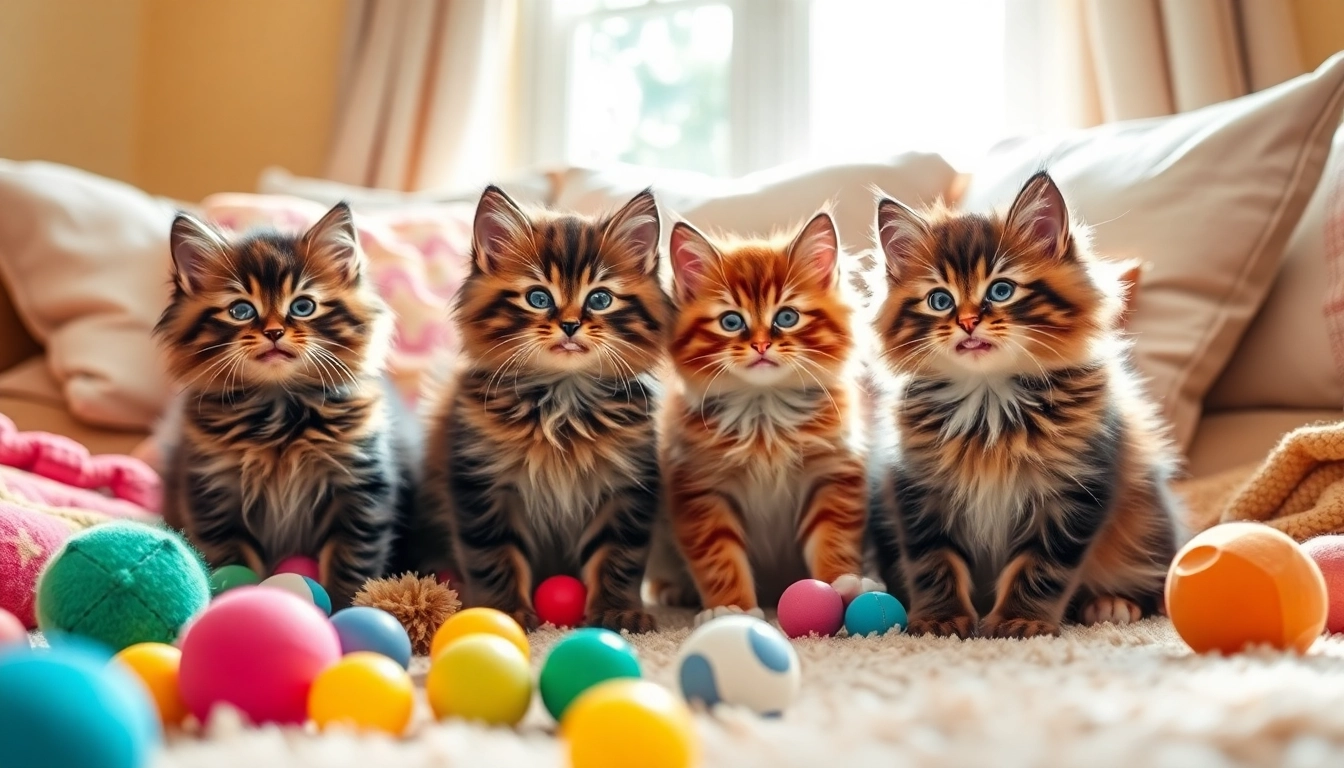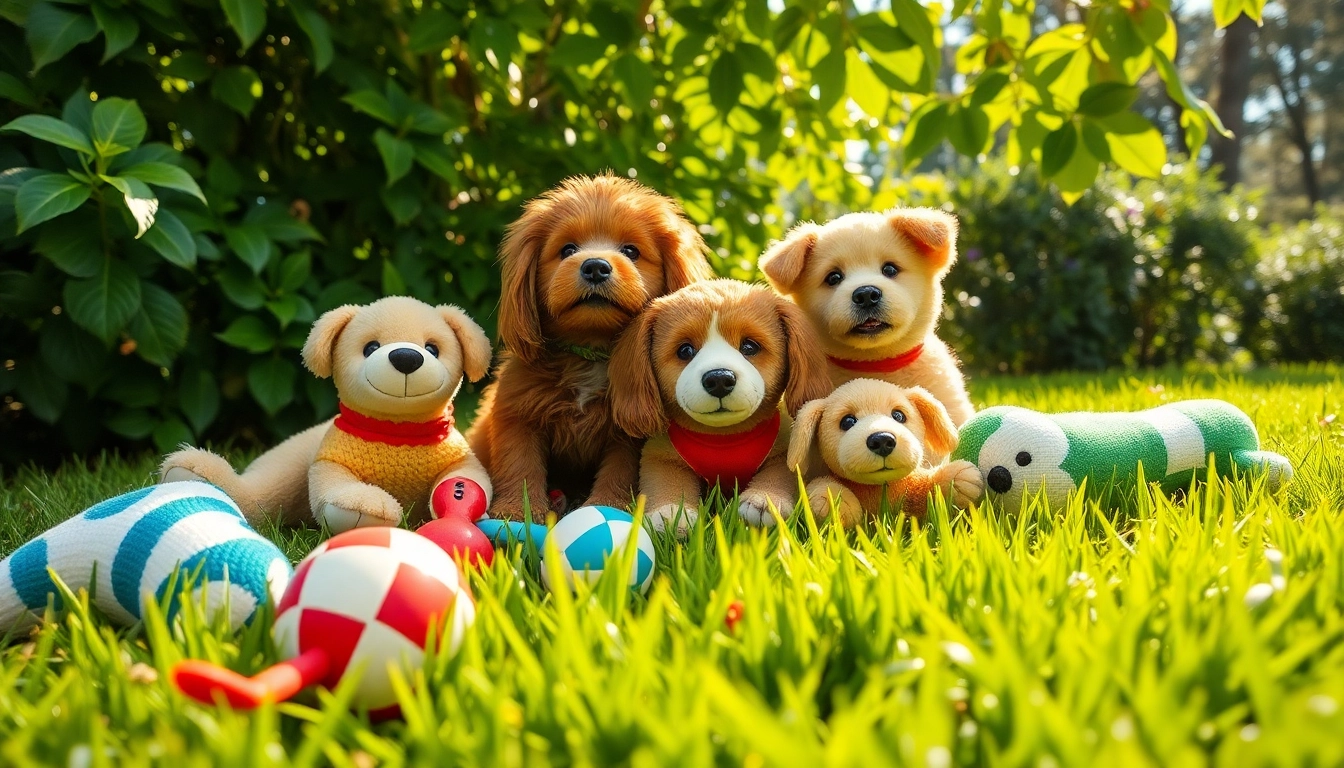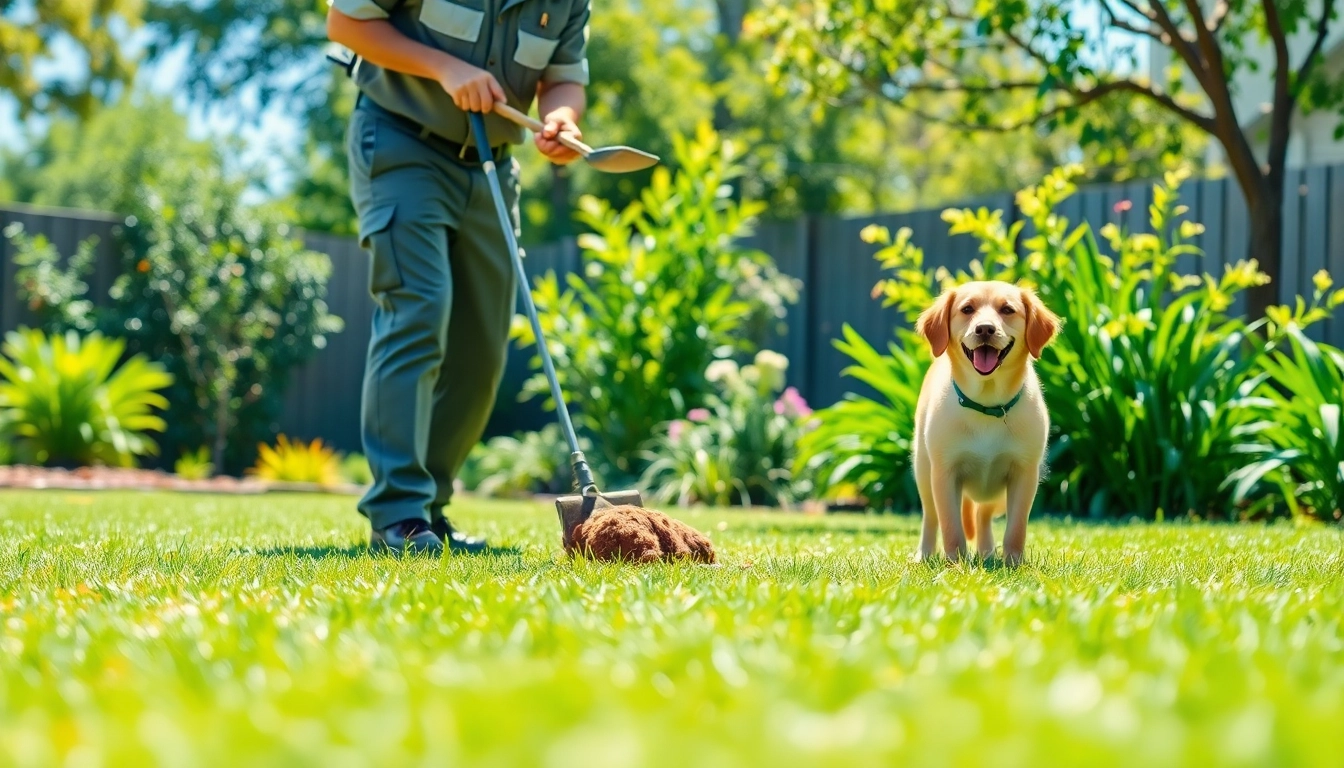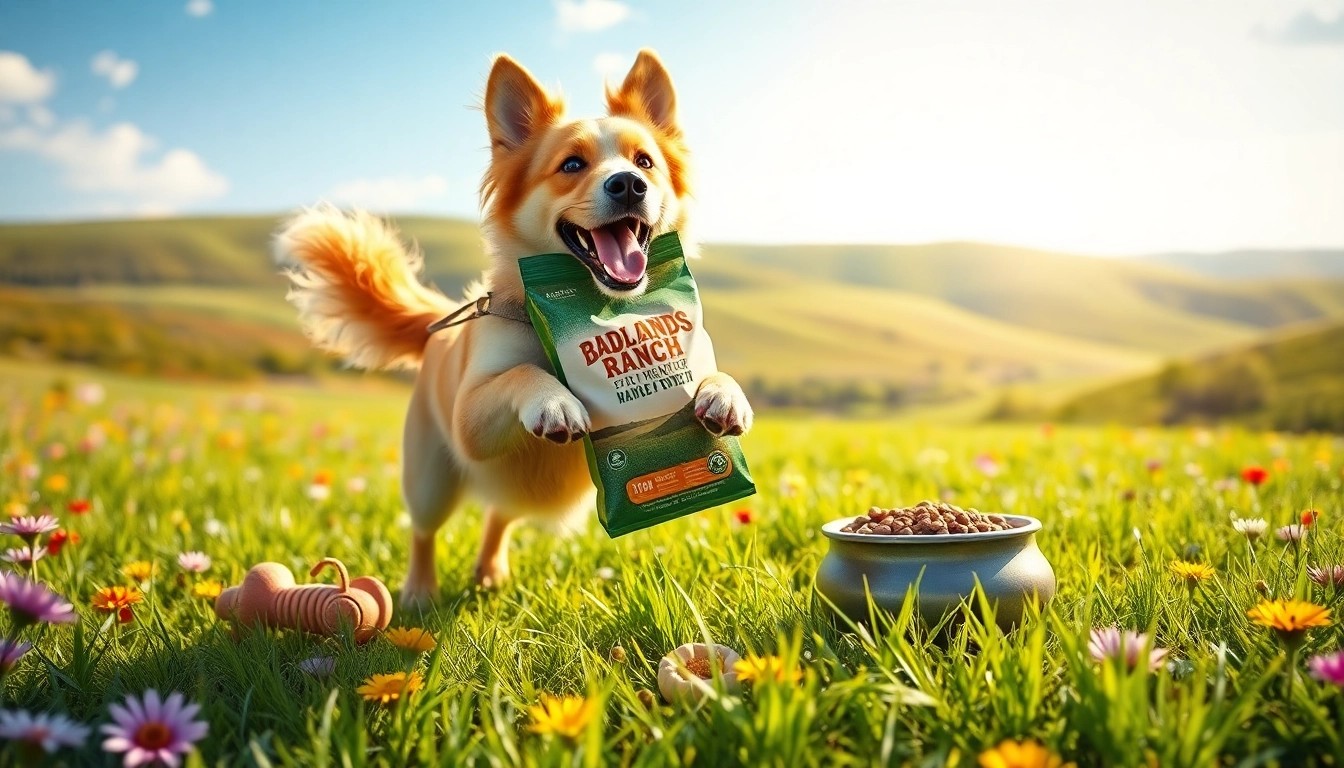Understanding Maine Coon Kittens
Origins and History
The Maine Coon cat breed is one of the oldest natural breeds in North America, boasting a lineage that dates back to the early 19th century. This majestic breed is believed to have originated in the northeastern United States, particularly in the state of Maine. While the exact history of the Maine Coon is a blend of folklore and fact, one popular tale suggests they are descendants of long-haired cats brought to America by seafarers. Early colonists were likely to have preferred these resilient cats for their ability to thrive in harsh climates, aiding in rodent control aboard ships and farms alike.
As its reputation grew, the Maine Coon began to make significant appearances in cat shows, gaining staunch recognition in the late 1800s. This breed’s wealth of personality, along with its stunning appearance, made it a favorite choice among cat enthusiasts. Though it faced challenges during the rise of more exotic breeds, the Maine Coon saw a resurgence in popularity in the latter half of the 20th century, solidifying its status as a beloved companion and show cat.
Distinctive Features
Maine Coons are notable for their large size, tufted ears, and bushy tails. Males typically weigh between 13 and 18 pounds, whereas females range from 8 to 12 pounds. Their sturdy bodies are complemented by a long, thick coat that can come in various colors and patterns. This plush, water-repellent fur serves dual purposes: it protects them from brutal weather and gives them an elegant appearance.
The Maine Coon’s eyes are another defining feature, often large and expressive, ranging from gold to green, depending on their coat color. Their distinctive rectangular build and large, bushy tails enhance the charismatic, gentle giant image that many adore. One of the most fascinating aspects of Maine Coons is their polydactyl feature—some cats in this breed may be born with extra toes, giving them a unique appearance and “snowshoe” look.
Temperament and Personality
Maine Coons are often dubbed “gentle giants,” epitomizing a combination of affectionate disposition and playful behavior. Their intelligence makes them highly trainable; they enjoy engaging with their owners and learning new skills. Unlike many feline counterparts, Maine Coons often embrace the role of social butterflies, making them excellent companions for families as well as individuals.
Moreover, these cats exhibit dog-like qualities, often following their owners around the house and displaying an eagerness to participate in family activities. Their playful nature lasts well into adulthood, ensuring they remain lively and vibrant throughout their lives. They are also known for their vocalizations, which can resemble chirps or trills, adding an adorable flair to their communication with humans.
The Best Care Practices for Maine Coon Kittens
Nutritional Requirements
Proper nutrition is fundamental for nourishing Maine Coon kittens, setting the foundation for their growth and overall health. Given their larger size, Maine Coons require a balanced diet rich in protein, healthy fats, and essential vitamins and minerals to support their vigorous lifestyles. Seeking high-quality commercial cat food specifically formulated for kittens is one way to ensure they receive adequate nutrition.
During their initial months, kittens are typically weaned from mother’s milk and should transition into solid foods. It’s prudent to consult with a veterinarian regarding the best diet plan. Furthermore, feeding schedules are also important; twice a day servings can help prevent overeating and maintain a healthy weight.
Grooming and Hygiene
Maintaining the lustrous coat of a Maine Coon requires regular grooming, ideally two to three times a week. This not only promotes a healthy coat but also serves to minimize shedding and reduce hairballs. Use a high-quality slicker brush or comb designed for long-haired breeds to effectively detangle their fur.
Bathing can also be beneficial, especially if your kitten gets into mischief. However, this should not be frequent; once every few months or as needed is usually sufficient. Establishing a grooming routine early on helps kittens associate grooming with a positive experience, enhancing their comfort during these sessions.
Health Checks and Vaccinations
Regular veterinary visits are crucial for the health and well-being of Maine Coon kittens. Early vaccinations, including those for feline panleukopenia, calicivirus, and herpes virus, should be pursued as per the vet’s schedule. Discussing spaying or neutering options, typically around six months of age, should also be part of the healthcare plan.
Monitoring for common health issues specific to the breed, such as hypertrophic cardiomyopathy (HCM) or hip dysplasia, is essential. Maintaining regular check-ups will help ensure that any health concerns are promptly addressed, providing a longer and happier life for your beloved kitten.
Selecting Your Maine Coon Kitten
Choosing Breeders Carefully
Finding a responsible and reputable breeder is fundamental when searching for the ideal Maine Coon kitten. Take time to research potential breeders by reading reviews, asking for references, and checking if they adhere to ethical breeding practices. A trustworthy breeder should prioritize the health and well-being of their cats, providing transparency regarding health screenings and guarantees for their kittens.
Moreover, visiting the breeder’s location allows you to assess the living conditions of the kittens and their parents. Look for cleanliness, proper socialization, and health records. Ethical breeders tend to produce fewer litters per year, focusing on quality over quantity.
Assessing the Kitten’s Health
When selecting your Maine Coon kitten, observe their overall health and behavior. A healthy kitten should be active, curious, and engaging. Signs of poor health may include lethargy, respiratory issues, or any visible deformities. Ensure that you receive a health certificate from the breeder, including information on vaccinations and any medical care the kitten has received.
It’s also beneficial to independently vet the selected kitten for genetic conditions that could affect their long-term health. Investing in a health insurance plan early can also safeguard against future unforeseen veterinary expenses.
Understanding Kitten Behavior
Before bringing home a Maine Coon kitten, it’s crucial to familiarize yourself with typical kitten behaviors. Playfulness, occasional skittishness, and biting are common at this age. Encourage appropriate play with interactive toys, avoiding hands or feet as targets during playtime. This understanding assists in nurturing the kitten’s socialization skills and adapting them to their new environment.
Socialization is key for Maine Coons, as they thrive on interaction and companionship. Engaging your kitten in play, introducing them to different noises and experiences, and gradually exposing them to various family members helps solidify their confidence and friendliness.
Creating a Safe Home Environment
Essential Supplies for Your New Kitten
Preparing your home for a Maine Coon kitten involves gathering essential supplies that ensure their comfort and safety. A few must-have items include:
- Food and Water Bowls: Opt for sturdy, easy-to-clean bowls, preferably stainless steel or ceramic to prevent tipping.
- High-Quality Kitten Food: Ensure you have premium food tailored for kittens that promotes healthy growth.
- Litter Box: Choose an appropriate size and style, and place it in a quiet, accessible location.
- Scratching Post: Providing a dedicated post helps save your furniture and satisfies your kitten’s natural instincts.
- Toys: Invest in a variety of toys to stimulate your kitten’s playfulness and prevent boredom.
- Bed and Cozy Space: A soft bed in a quiet area makes a perfect resting spot.
Designing a Playful Space
Creating an engaging and stimulating environment is essential for bringing out the playful nature of your Maine Coon kitten. This can include cat trees for climbing, tunnels for exploration, and cozy nooks for resting. Rotating toys regularly keeps your kitten intrigued and entertained.
Designate areas for play that are safe from any hazards, such as cords or small objects that might be swallowed. Additionally, providing sufficient vertical space for climbing can enhance their natural instincts, offering an enriched living experience.
Socialization with Family Members
Integrating your Maine Coon kitten into the family dynamic smoothly is essential for their social development. Encourage all family members to participate in feeding, playing, and grooming to create strong bonds between the kitten and everyone in the household.
Introduce your new kitten slowly to each person, especially children, ensuring that interactions are gentle and supervised. Teaching children how to handle a kitten respectfully fosters a harmonious relationship and helps the kitten learn that the environment is safe and filled with love.
Adopting and Integrating a Maine Coon Kitten
First Days at Home
The initial days after bringing your Maine Coon kitten home can be overwhelming for both the kitten and the family. It’s necessary to create a quiet, safe space in your home where the kitten can explore at their own pace, allowing for gradual acclimatization. Here are some tips for easing the transition:
- Designate a small room as the kitten’s safe haven with food, water, litter box, and a comfortable sleeping spot.
- Limit the number of visitors during the first few days to reduce stress, allowing the kitten to feel secure.
- Encourage exploration by placing familiar scents or toys in their new environment to spark curiosity.
Introducing Your Kitten to Other Pets
Introducing your new Maine Coon kitten to existing pets requires patience and strategy. Opt for a gradual approach by allowing them to get accustomed to each other’s smells before physical introductions occur. You might consider using a baby gate or separate spaces to facilitate this process.
Supervised meetings are crucial in the early stages. Observe their interactions, and be ready to intervene if necessary. Reward positive behavior with treats and praise to reinforce good associations between your kitten and existing pets.
Long-term Care and Commitment
Owning a Maine Coon is a long-term commitment that requires dedication and resources. Establishing a regular schedule for veterinary check-ups, vaccinations, and preventative care forms the backbone of a healthy life for your kitten. Ensure that they receive regular exercise and mental stimulation through interactive play and exploration.
As they grow, their nutritional needs and healthcare requirements may change. Maintaining a loving, supportive environment not only fosters their physical well-being but also strengthens the bond that you share. Maine Coons often stay with their families for many years, creating cherished memories amidst their loyal companionship.
For those ready to embark on this extraordinary journey, Maine Coon kittens for sale offer the chance to welcome into your life a gentle giant that has much love and vitality to share.



